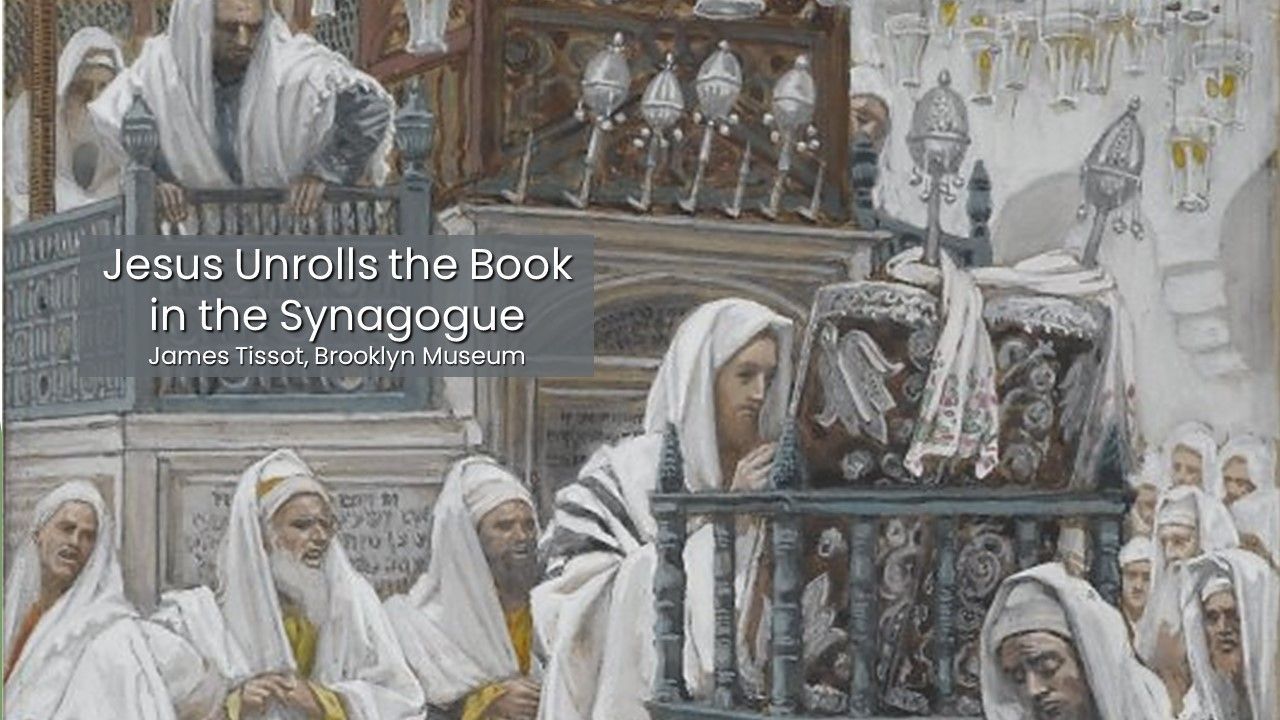Homily, 14th Sunday in Ordinary Time 2024
14th Sunday in Ordinary Time, July 7, 2024 -- Msgr. Joseph K. Ntuwa

Readings: Ezekiel 2:2-5; 2 Corinthians 12:7-10; Mark 6:1-6
On Communion rounds I used to do while on summer supply in England, there was an elderly housebound couple. Their house had an iron fence with a sign “Beware of Dog” and each time I pressed the button ferocious barking would explode from inside the house. A young man would come out and ask me to wait while he put the dog in the bedroom and then I could go in. I took Communion there a number of times but never once saw the dog. There was a photo in the lounge room though ... of a beautiful German Shepherd.
Towards the end of my time there I said to the lady of the house 'Your dog must be very ferocious.' She answered “Not really. She’s a very nice dog; it’s just that she’s afraid”.
Well, I thought to myself 'The dog is afraid!' By the sound of the barking one would never have guessed. But then I got to thinking a little more deeply. To be honest, I had to admit to myself, some of my fiercest howling is caused by fear. It’s a trait we humans share with the animal kingdom, like the hair that stands up on animals to make them appear larger, our growls are often caused by fear. Fear wears many disguises; It’s usually difficult to identify in others, and almost impossible to recognize and admit to in ourselves.
Just think about it for a moment. Why do you say ‘no’ to certain things. What disturbs you about others and why do we dislike certain changes?
Let’s look at today’s Gospel. At first sight you would think the people in the gospel had taken leave of their senses. They recognize the wisdom of Jesus' words, they admit to the miraculous nature of his deeds, and then, strangely, they reject him. What a contradiction! The people have the evidence of greatness before them, but they cannot bring themselves to accept it. What is the explanation for this startling state of affairs? And they go on to complain; “Is he not the carpenter, surely, the son of Mary and the brother of James and Joset and Judas and Simon? Are his sisters not with us here?” And they would not accept him.
These folks are arguing for the familiar, the comfortable. They are rehearsing to themselves what they know, or think they know, about Jesus
This week I have just attended the National Tekakwitha Conference and one priest shared with me how his decision to become a priest was very disturbing to some of the members of his family. Other vocations too have caused similar major disruptions in families - are you going to marry him or her, are you sure you want to join that profession etc.?
Well, returning to our German Shepherd I think she too, like most territorial dogs, resented the intrusion of an unknown person into the status quo of her family circle and it spelled danger.
For the people of Jesus’ hometown to accept his wisdom and his miraculous gifts would mean having to accept a number of other things as well. They would have had to accept that they had been blind to the prophet in their midst, and I think they were afraid of doing that.
There are so many things we do or even refuse to do out of fear. Giving up a bad habit that we are used to can be tricky. Many alcoholics report that they don't give up because they don't know how they would deal with all those hours in a day if they were sober; it would require becoming an entirely new person, and for many that is just too frightening to contemplate.
And so, this leaves us with our question for the week: What are you afraid of beginning, or of leaving behind in order to become the kind of person you are called to be?
Fear lowers our horizons and keeps us trapped in the familiar and safe, as we see in the people of Jesus' hometown. Is Jesus able to work any signs among us or is he amazed at our lack of faith?
Homilies











